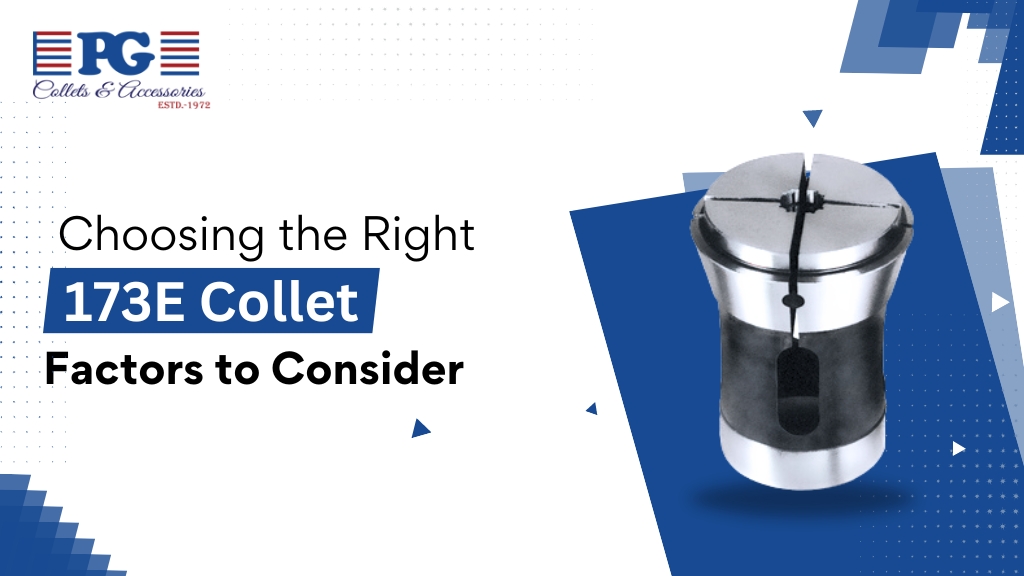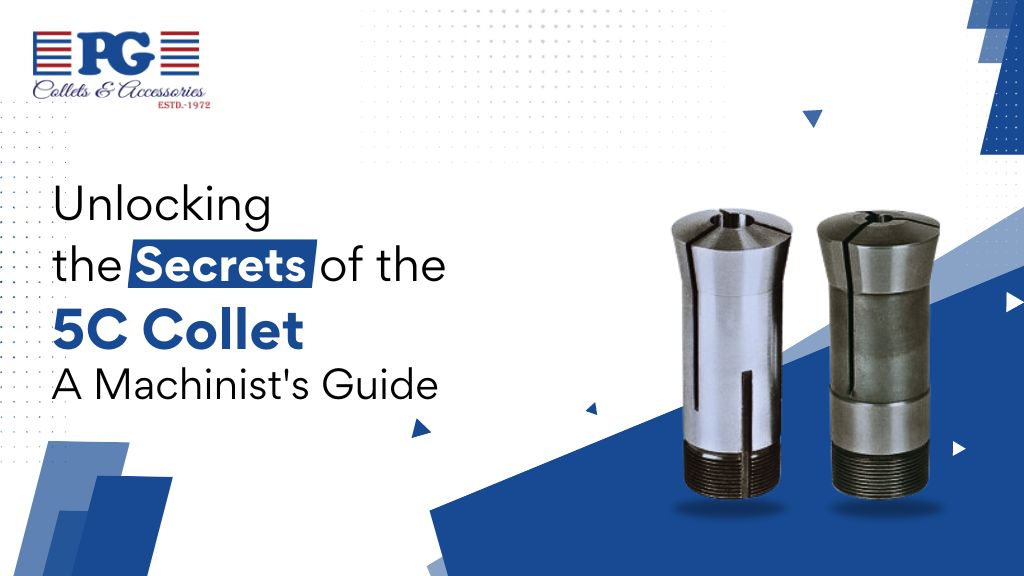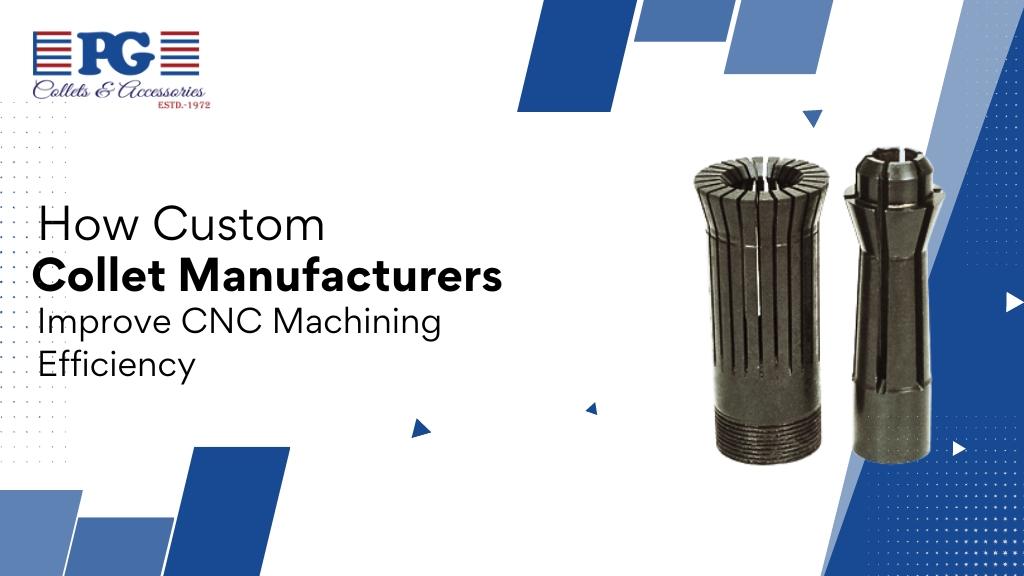In the intricate world of machining and tooling, achieving precision is paramount. Whether you’re a seasoned machinist or a novice, selecting the right collet can significantly impact your workpiece quality, accuracy, and overall productivity. In this comprehensive guide, we delve into the specifics of the 173E collet, exploring its features, applications, and the critical factors to consider when choosing one.
Understanding the 173E Collet
The 173E collet is a specialized clamping device used primarily in CNC machining and turning operations. Let’s break down its key characteristics:
- Purpose: The 173E collet is designed for second operation work. It comes into play when marking the component must be avoided, or when gripping a short portion of the workpiece is necessary.
- Precision Grip: Renowned for its precise and secure grip, the 173E collet ensures minimal runout and excellent concentricity. This feature is crucial for achieving accurate machining results.
- Dedicated Bore Diameters: Each 173E collet has a dedicated bore diameter, ensuring compatibility with specific workpiece sizes. This specialization enhances performance and repeatability.
Factors to Consider When Choosing a Collet
Selecting the right collet involves evaluating several critical factors. Let’s explore these considerations in detail:
1. Material and Machining Process
- Material Compatibility: Different materials (such as aluminum, steel, or exotic alloys) require specific collets. Consider the material you’ll be working with to choose an appropriate collet.
- Machining Process: Are you milling, turning, or drilling? Each process demands different collet features. For instance, turning operations may prioritize rigidity, while milling requires efficient chip evacuation.
2. Cutting Forces and Tool Rigidity [173E collet]
- Cutting Forces: High-speed machining generates significant cutting forces. Opt for a collet that can handle these forces without compromising accuracy.
- Tool Rigidity: A rigid collet minimizes tool deflection, resulting in precise cuts. Evaluate the collet’s design and material to ensure optimal rigidity.
3. Coolant Requirements
- Coolant Channels: Some collets come with built-in coolant channels, allowing efficient coolant flow during machining. If your application involves coolant, choose a collet with this feature.
4. Tool Reach and Workpiece Length
- Tool Reach: Consider the tool length and how deep it needs to reach into the workpiece. Ensure the collet accommodates the tool length without compromising stability.
- Workpiece Length: If you’re gripping a short portion of the workpiece, the 173E collet is an excellent choice. It provides secure clamping without marring the component surface.
5. Application-Specific Collets
- Tailored Solutions: Some collets are specifically designed for particular applications (e.g., bar feeders, thin-walled parts). Explore specialized collets that enhance performance in your specific use case.
Conclusion
The 173E collet, with its precision and versatility, plays a vital role in achieving top-notch machining results. By considering factors like material, cutting forces, and coolant requirements, you can make an informed choice. Remember, the right collet ensures not only accuracy but also efficiency in your machining endeavors.
So, whether you’re working on intricate components or tackling high-speed production, choose wisely—your workpiece quality depends on it!




